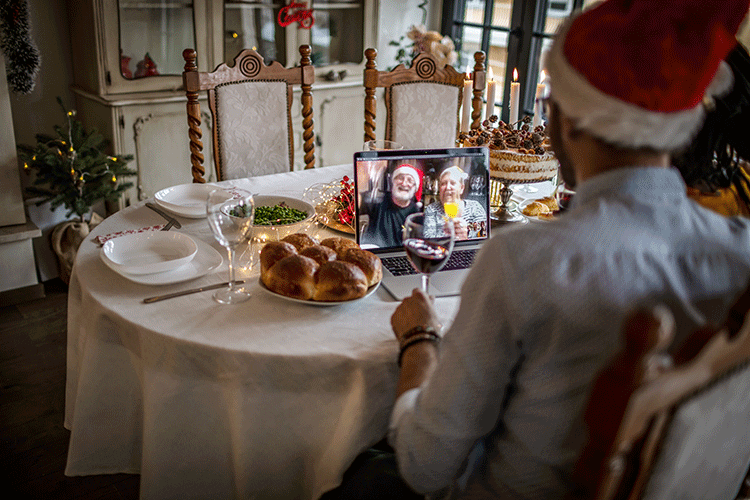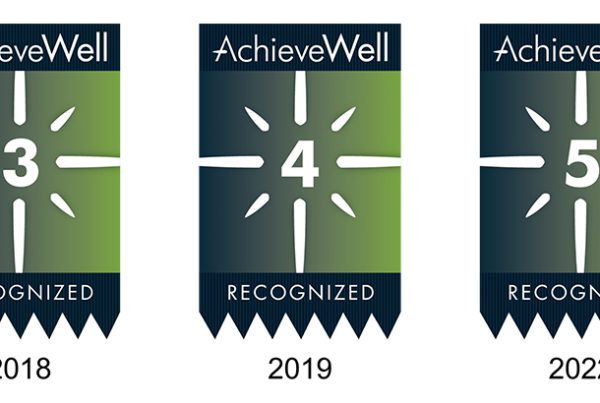
Supporting Employees During a Potentially Lonely Holiday Season
The COVID-19 pandemic has changed many aspects of daily life including how employees celebrate for the holidays. The same CDC guidelines that were encouraged during the Thanksgiving holiday will likely apply to future holiday celebrations as well.
Although following the CDC’s advice is essential to prevent the spread of COVID-19, canceling trips and holiday plans can make for a lonely holiday season for many employees. Discover ways to support employees during this unprecedented holiday season.
Best Practices for Supporting Employees
How you choose to support employees during this stressful and potentially lonely holiday season depends upon your organization’s values, culture and budget. However, there are a handful of low- to no-cost ways you can provide support. This includes the following best practices:
- Connect with employees. Intentionally check in with direct reports on a regular basis and simply ask, “Are you OK?” The best way to help employees is to start by asking how they are doing. Employees may choose not to engage, and that’s fine too, but it’s important to approach that conversation.
- Model healthy behaviors. To be a good example to other employees, prioritize self-care and set boundaries. Be vocal and open about what you’re doing to take care of yourself and avoid burnout.
- Be vulnerable. To help decrease the stigma of mental health challenges, be transparent about personal struggles or experiences. Doing so can help other employees feel comfortable talking about how they’re truly doing during the pandemic and this holiday season.
- Host a virtual holiday event. If your budget and workload allow, consider hosting a virtual holiday event. By offering a safe way to celebrate the holidays, you may help employees combat feelings of loneliness or disappointment if they have to cancel their own personal holiday plans. Some simple virtual holiday celebration ideas include:
- Virtual mioxers designed for mulitple conversations to take place at once, rather than one big video conference.
- Ugly sweater contests
- Holiday karaoke events
- Gingerbread house building and decorating activities
- Wine and cheese parties
- Online escape rooms
- Trivia contests
- Virtual gift exchanges
- Communicate regularly. Help remove unnecessary stress by setting expectations about workloads and clarifying any modified work hours and norms. Strive for weekly communications from the organization to inform employees about company news and updated policies related to the pandemic.
- Highlight available resources. Last but not least, it’s important to make employees aware of available mental health resources and encourage them to use such offerings. The most commonly desired workplace features are an open and accepting culture, clearer information about where to go or who to ask for support, and training to help managers have productive behavioral health conversations.
Remember, everyone’s situation is different, so it’s important to remain sensitive to the fact that some employees may be carrying on as usual during these times, while others may be struggling. Avoid calling out specific employees and make sure to keep any conversations about an employee’s mental health or stressors confidential.



